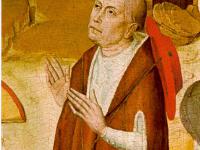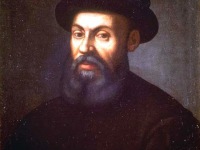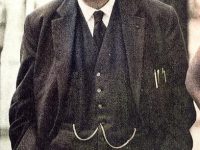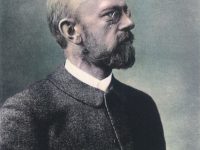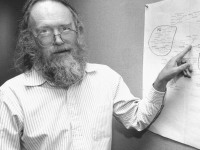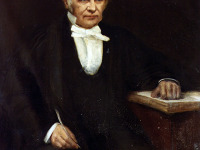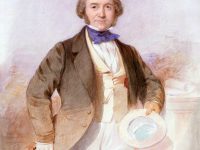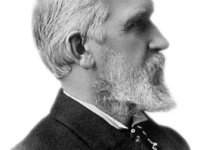Nikolaus of Cusa and the Learned Ignorance
On August 11, 1464, German philosopher, theologian, jurist, and astronomer Nikolaus of Cusa (in latin: Nicolaus Cusanus) passed away. He is considered as one of the first German proponents of Renaissance humanism. His best known work is entiteled ‘De Docta Ignorantia‘ (Of the Learned Ignorance), where also most of his mathematical ideas were developed, as e.g. the trial of squaring the circle or calculating the circumference of a circle from its radius. “In…
Read more

